News
-
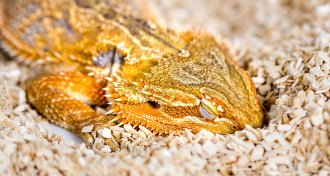 Animals
AnimalsDragons sleep like mammals and birds
Some lizards may sleep in the same way as mammals and birds, a new brain wave study finds.
-
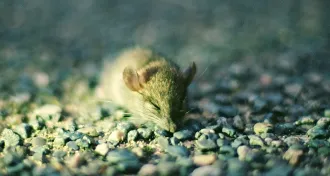 Neuroscience
NeuroscienceIons may be in charge of when you sleep and wake
The recipe for sleep and wake may depend on ions.
-
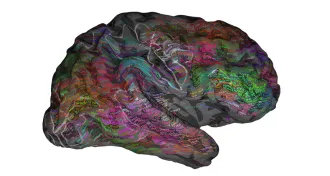 Neuroscience
NeuroscienceWords’ meanings mapped in the brain
Language isn’t just confined to one region of the brain: The meaning of words spark activity all over the cerebral cortex.
By Meghan Rosen -
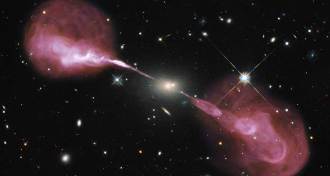 Astronomy
AstronomyGas blasts from black holes show surprising alignment
Unexpected alignment of galactic gas geysers might offer new insight into how galaxies and black holes arise from the cosmic web.
-
 Humans
HumansGelada monkeys know their linguistic math
The vocalizations of gelada monkeys observe a mathematical principle seen in human language, a new study concludes.
-
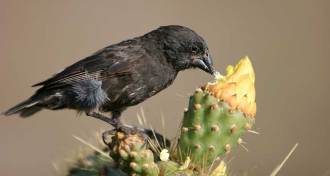 Life
LifeGene found that controls beak size in Darwin’s finches
A beak-size gene helped determine whether Darwin’s finches survived a drought.
-
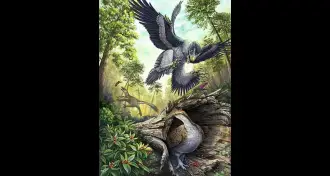 Paleontology
PaleontologyClearer picture emerging of dinosaurs’ last days
Dinosaurs’ final days may have included both a giant asteroid and gradual species die outs. Two new studies paint an increasingly intricate picture of dinosaur’s demise.
By Meghan Rosen -
 Neuroscience
NeuroscienceLeft brain stands guard while sleeping away from home
Part of the left hemisphere stands sentry while the rest of the brain and body snooze.
-
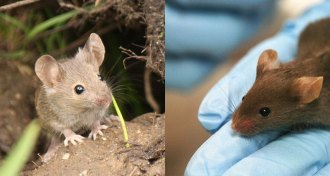 Health & Medicine
Health & Medicine‘Dirty’ mice better than lab-raised mice for studying human disease
Dirtier mice may better mimic human immune reactions.
-
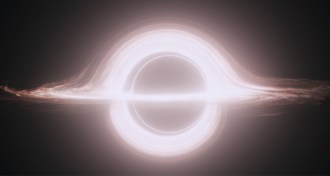 Cosmology
CosmologyHow to make gravitational waves ‘sing’
A rapidly spinning black hole would make a unique pattern of gravitational waves when it sucks in a smaller companion.
-
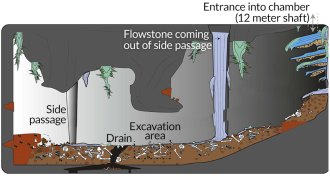 Humans
HumansPieces of Homo naledi story continue to puzzle
Researchers defend Homo naledi as a new hominid species and debate how it reached an underground cave.
By Bruce Bower -
 Quantum Physics
Quantum PhysicsInformation is physical, even in quantum systems, study suggests
A thermodynamic principle says that deleting information generates heat, and now, scientists say that goes for quantum systems, too.